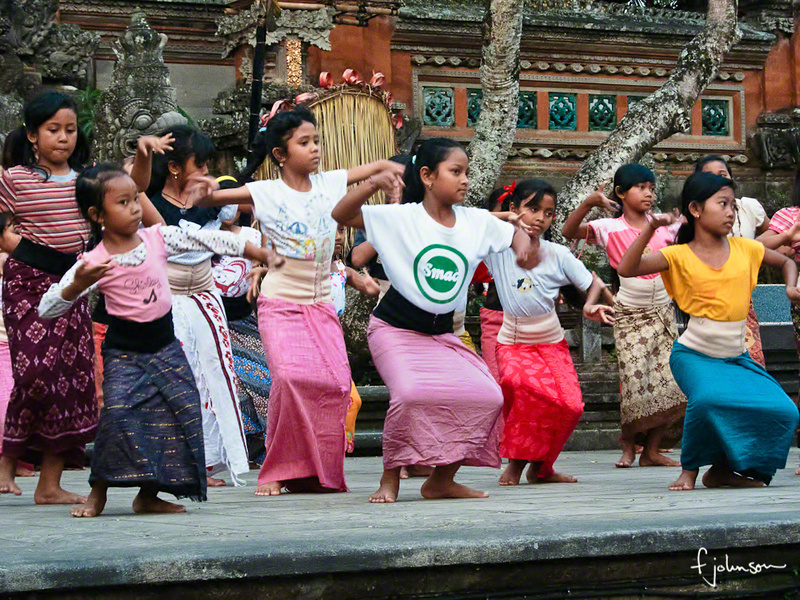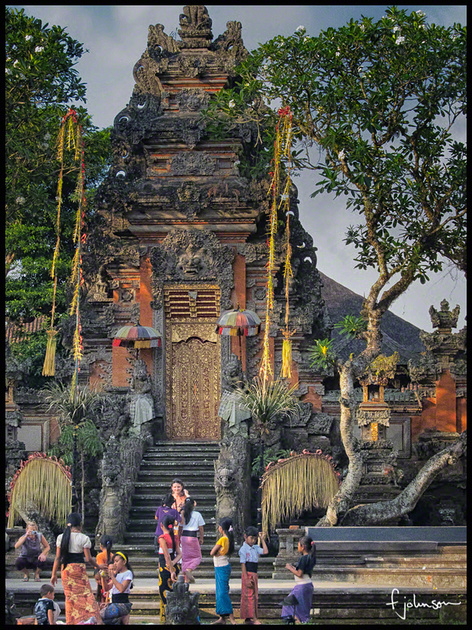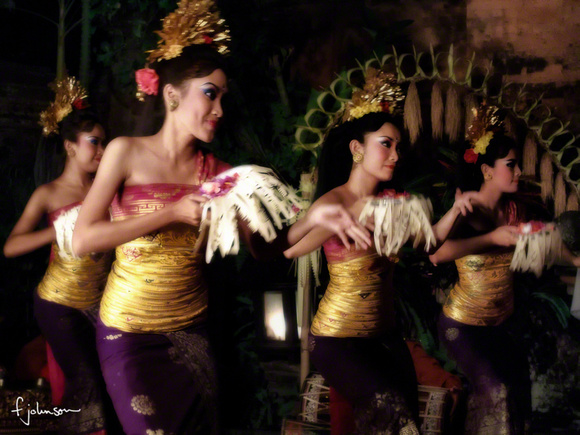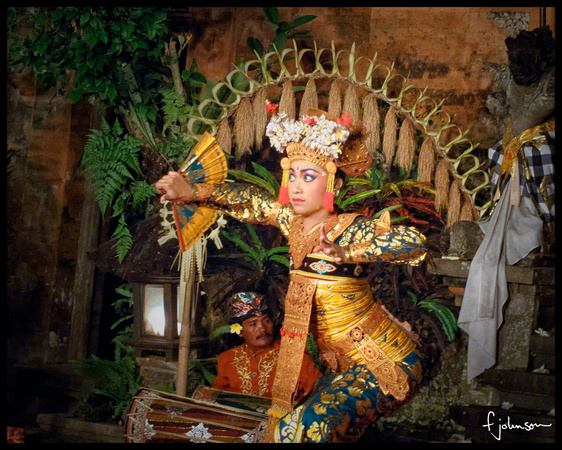Some Reflections on Preserving Culture
A Few Reflections


Over the last 40 years the world has become a much smaller place: a phone call home from the third world that was expensive and almost impossible to make is today easy and cheap. Remote corners of planet earth now are exposed to the full range of internet, tv, and consumer culture.
The changes themselves bring many benefits, but also some neagative affects. A few examples:
Nepali children are losing the ability to speak their native language: the tribal languages are being replaced with Hindi (from Television) and English (from School) resulting in a loss of cultural identity.
Traditional Cultural dress is fast disappearing from many countries and places including: Nepal, Thailand, and Alaska and being replaced with a blue jean and fashions culture.
In America, a land of immigrants, families are quickly losing their cultural identities: My dad (50% Finnish) could speak Finnish, mom (100% Finnish) could speak it as a young child (but forgot once she started school). I (75% Finnish) only know a few Finnish words (Mostly swear words). My children know none.
It goes on and on. Many changes are beneficial, but some are cause us to wonder: "Who are we? What are we? How can we be something we are not? Are we proud of ourselves and our cultures?" These are questions that we all need to answer to know ourselves and are crucial to our well being. The world's melting pot is wonderful if we can just maintain our own identity and worth.


In Ubud, Bali I witnessed a group who are doing a wonderful job of cultural preservation through dance: daughters, mothers, teachers and dancers preserving Balinese Classical Dance.
A group of young girls and their families get together a couple of times a week to practice dance. They do this not at school or someones house, but an actual venue where professional dancers give performances: for this group it's at Ubud's Water Palace "Pura Taman Saraswati". To my way of thinking practicing in that beautiful place has to be inspiring.
Balinese Classical Dance is very intricate and takes many years of dedication and hard work to perfect. Even if only a few of these girls go on to careers as dancers, they will have developed self-confidence, and learned a great deal about dance: the movements, gestures, and stories being told. They will also be in a position to appreciate dance performances. And most importantly they will be able to pass this knowledge and appreciation along to their children. Thus helping to preserve culture in a most important way. I think the work they are doing is fantastic and sincerely hope that others around the world over may also be able to use this model.
Normally I don't attend dance performances (probably because I don't know how to dance myself). Watching the little girls practice made me want to attend a dance performance. So the next evening Tina (my inspiration) and I attended a Legong Dance Performance at Ubud Palace. We enjoyed it very much and will share a couple of photos I took of the dancers.



